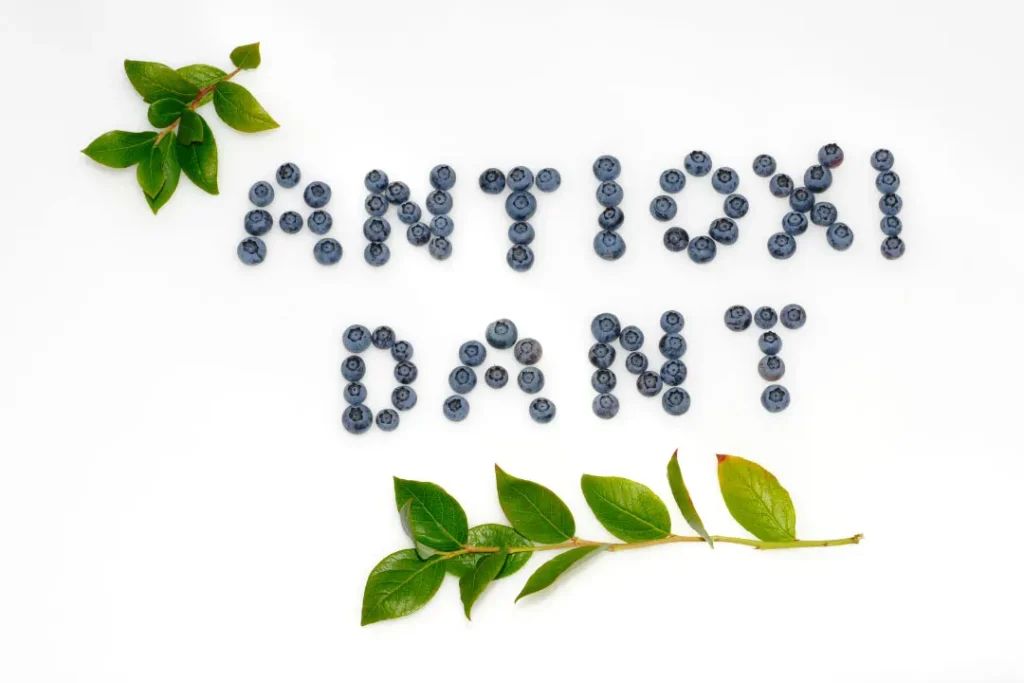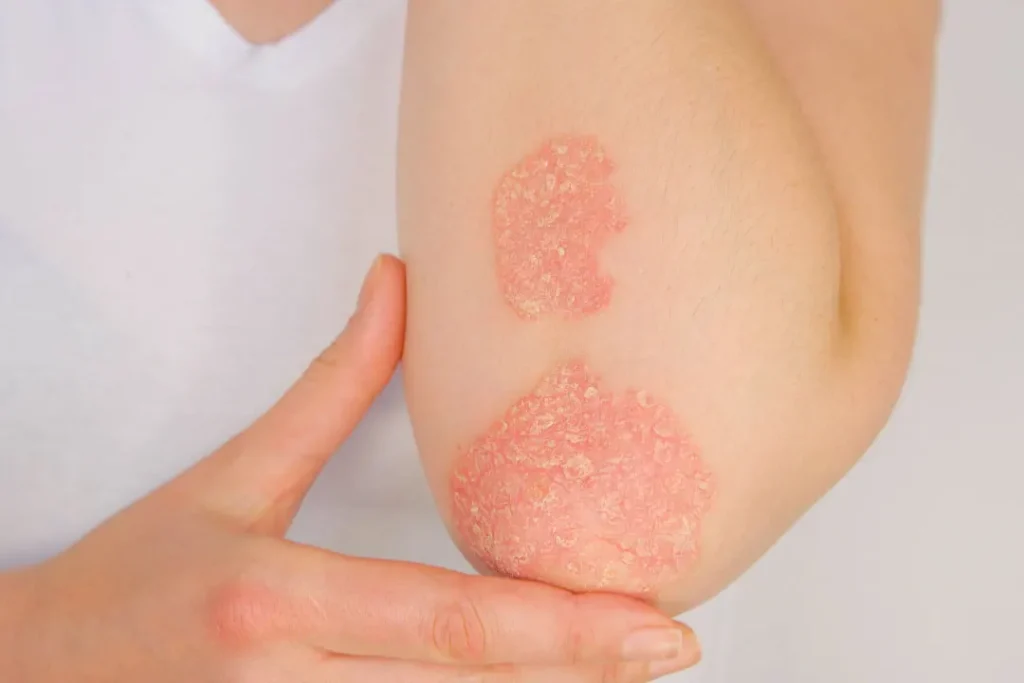Gardenia is a blooming plant indigenous to tropical and subtropical parts of Africa, Southern Asia, Australasia, and Oceania. Its scientific name is Gardenia jasminoides. Gardenia, a member of the Rubiaceae family, is well-known for its distinctive aroma, eye-catching white blossoms, widespread usage in traditional medicine, and potential health advantages. This article explores the nature of Gardenia and elaborates upon why this plant receives attention and praise for being a positive addition to a healthy lifestyle.
You May Also Like:
5 Great Nootropic Herbs for Focus and Mental Clarity
5 Great Nootropic Herbs for Energy, Focus, and Productivity
Gardenia: Benefits, Dosage, Side Effects, Drug Interactions, and Other Important Information is an original (NootropicsPlanet) article.
Nature of Gardenia
Gardenia is broadleaf evergreen shrub with fragrant and visually beautiful blooms. Its scientific name is Gardenia jasminoides, but this plant is often known as cape jasmine or common Gardenia. Iridoids, flavonoids, terpenoids, and anthraquinones, among other bioactive substances, are only a few of the complex chemical constituents of the Gardenia. Due to its powerful biological actions, geniposide—a common iridoid glycoside found in Gardenia—is the focus of several, significant research projects.
Health Benefits of Gardenia
There are several different health advantages of Gardenia and its ingredients, including:
Anti-Inflammatory and Antioxidant Properties: Gardenia shows notable anti-inflammatory and antioxidant effects, which are mostly attributable to its flavonoid and iridoid constituents. In controlling disorders characterized by inflammation and oxidative stress, Gardenia may be helpful.
Effects on Neuroprotection: According to preliminary studies, geniposide, the main compound in Gardenia, may create an effect of neuroprotection advantageous to conditions like Alzheimer’s and Parkinson’s disease that affect the nervous system.
Protection for the Liver: Gardenia has historically been used to treat liver conditions. This use is backed up by current research, which demonstrates that Gardenia can assist in the preservation of liver health and protect it from harm.

Chemistry of Gardenia
Flavonoids, terpenoids, iridoids, and anthraquinones are just a few of the bioactive substances abundant in the Gardenia jasminoides plant. Geniposide, an aforementioned iridoid glycoside, is one of Gardenia’s main ingredients. The primary physiologically active component in Gardenia is geniposide, and it has a wide range of pharmacological benefits, including anti-inflammatory and antioxidant activities as well as liver and neurological protection.
Crocin, a carotenoid molecule that gives the plant its vivid hues, and gardenoside, another iridoid glycoside, are additional noteworthy chemical components of Gardenia. The plant’s fruit, which is the component utilized most frequently in medical formulations, is where these chemicals are found.
Physiological Mechanisms of Action of Gardenia
A number of physiological pathways, including those that may be linked to geniposide, are used a major factor in the manifestation of its effects. By preventing the production of pro-inflammatory cytokines and lowering the activation of the pro-inflammatory NF-kB pathway, the anti-inflammatory drug geniposide demonstrates strong anti-inflammatory action. Scavenging free radicals and boosting the body’s natural antioxidant defenses is another way that this chemical exhibits antioxidant activity.
Scientists deduce that geniposide possesses neuroprotective benefits in addition to its anti-inflammatory and antioxidant qualities. It may be helpful in treating neurodegenerative diseases like Alzheimer’s and Parkinson’s because it can delay neuronal degeneration and encourage neurite sprouting.
The liver-protective properties of Gardenia are assumed to be a result of geniposide’s capacity to regulate oxidative stress in the liver, lessen inflammation, and limit the activation of hepatic stellate cells, which are essential for the development of liver fibrosis.
Gardenia jasminoides has a wide range of bioactive chemicals, which is reflected in the complex and varied pharmacological effects. The interactions between these chemicals and their varied methods of action add to this interesting plant’s medicinal potential.


Optimal Dosage of Gardenia
One to two tablespoons of dried Gardenia fruit soaked in hot water are commonly used to make Gardenia tea. Based on the particular supplement and the ailment being treated, different dosages are recommended for different people with individual needs. It is critical for you to adhere to manufacturer recommendations or speak with a healthcare professional in order to establish the proper dose for you because of the unpredictability and dearth of comprehensive clinical studies.
Side Effects of Gardenia
Although usually thought to be harmless, Gardenia can cause allergic reactions, heartburn, and stomach trouble in certain people. As with any supplement, anyone with current medical issues or those of you who are taking medication need to speak with their doctors before beginning Gardenia intake.


Potential Substance Interactions with Gardenia
As it may impair the liver’s capacity to metabolize some medications, Gardenia may interact with other drugs, especially those that the liver changes and breaks down. Please be cautious, follow medical advice, and pharmacological instructions when considering taking Gardenia if you have liver problems.
Best Responsible Use
Gardenia jasminoides offers a potential range of health advantages, mostly because of its bioactive components. In spite of encouraging early studies, more thorough clinical trials are needed to verify these advantages and provide uniform dose recommendations. In order to guarantee safe and efficient use, all dietary supplements should be taken as directed by a healthcare practitioner.er.
Gardenia:
Conclusion
Gardenia is a plant that looks lovely and smells wonderful. Besides its pleasing effects on the senses, it is also proven to be medicinal and a solid health aid. The chemical properties of Gardenia make it helpful in multiple minor and serious health conditions. For example, Gardenia can help enact the body’s protections against neurological disorders, inflammation, and more.
It can be taken as a tea or in other forms, but please be sure to confer with a health specialist before ingesting as there are some risks, especially for those with serious liver problems. Calculating individual dosages may not be easy, and there’s no need to try to do that alone—converse with a health care provider, including any questions you might have about Gardenia.


References:
- “Gardenia jasminoides Ellis: Ethnopharmacology, phytochemistry, and pharmacological and industrial applications of an important traditional Chinese medicine.” Retrieved From: https://www.researchgate.net/publication/340733452_Gardenia_jasminoides_Ellis_Ethnopharmacology_phytochemistry_and_pharmacological_and_industrial_applications_of_an_important_traditional_Chinese_medicine
- “GARDENIA – Uses, Side Effects, and More.” Retrieved From: https://www.webmd.com/vitamins/ai/ingredientmono-1488/gardenia
- “Iridoid Glycosides – an overview.” Retrieved From: https://www.sciencedirect.com/topics/biochemistry-genetics-and-molecular-biology/iridoid-glycosides
- “Neuroprotective effects of geniposide in the MPTP mouse model of Parkinson’s disease.” Retrieved From: https://pubmed.ncbi.nlm.nih.gov/26409043/
Important Note: The information contained in this article is for general informational purposes only, and should not be construed as health or medical advice, nor is it intended to diagnose, prevent, treat, or cure any disease or health condition. Before embarking on any diet, fitness regimen, or program of nutritional supplementation, it is advisable to consult your healthcare professional in order to determine its safety and probable efficacy in terms of your individual state of health.
Regarding Nutritional Supplements Or Other Non-Prescription Health Products: If any nutritional supplements or other non-prescription health products are mentioned in the foregoing article, any claims or statements made about them have not been evaluated by the U.S. Food and Drug Administration, and such nutritional supplements or other health products are not intended to diagnose, treat, cure, or prevent any disease.
